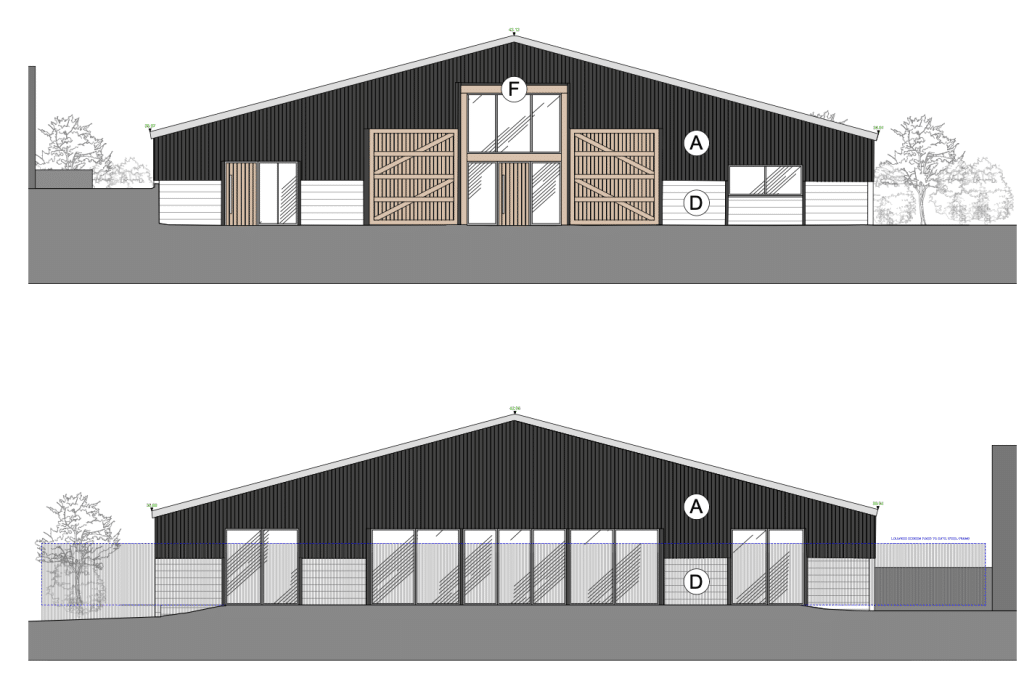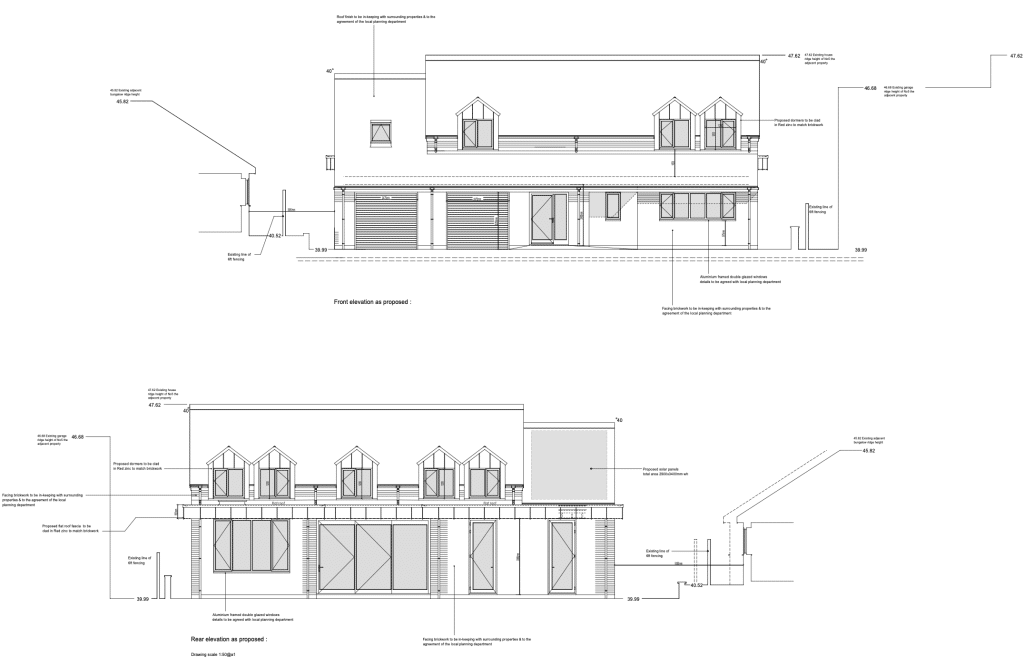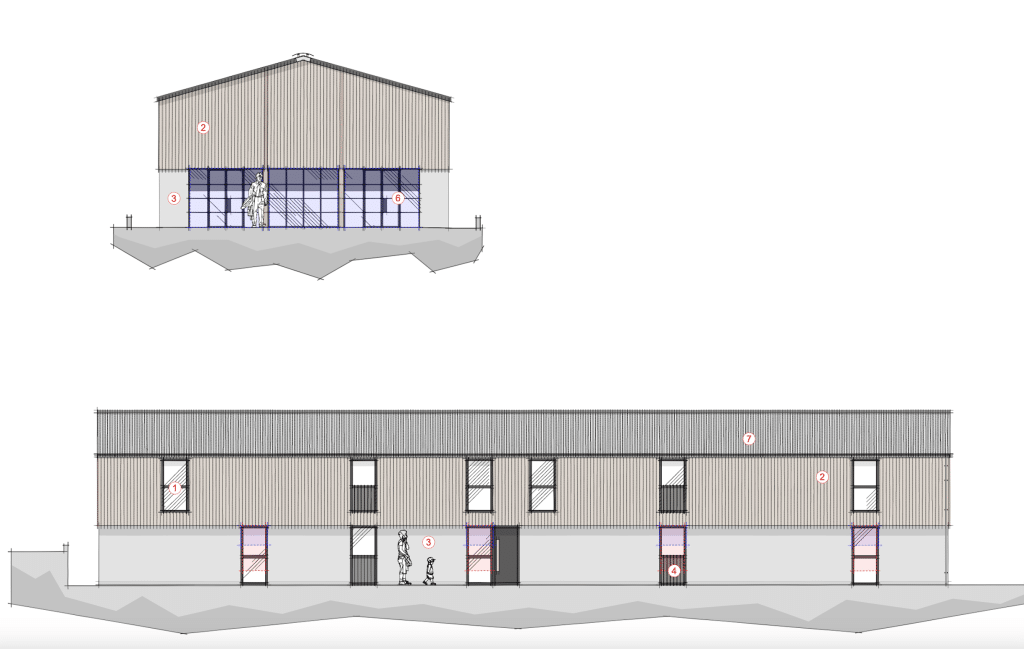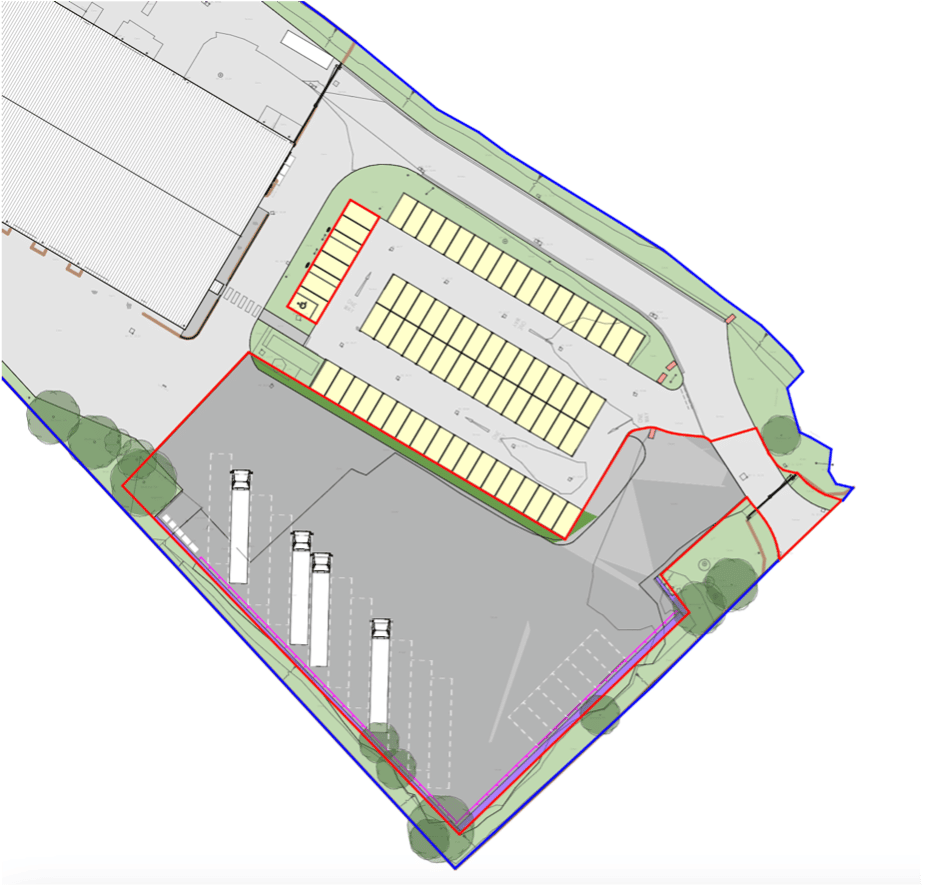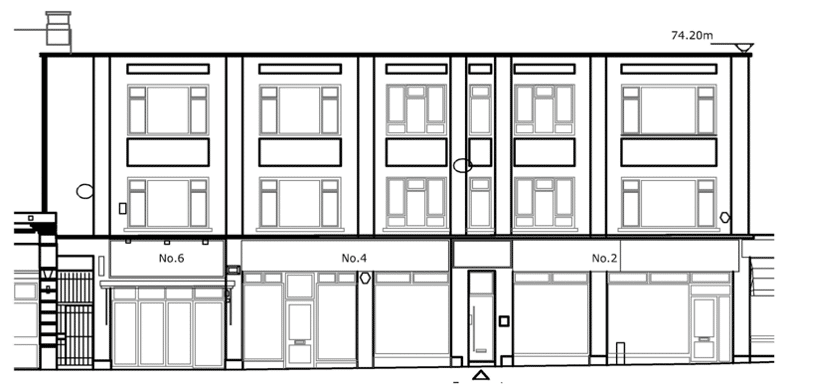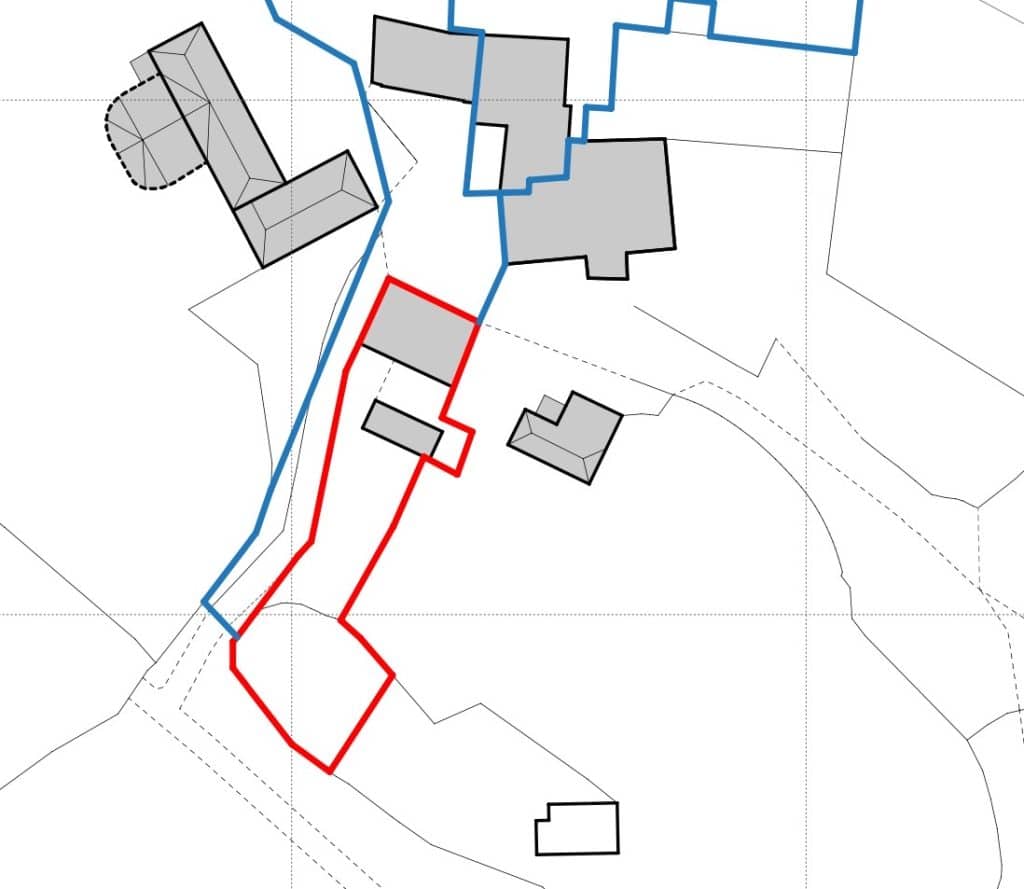McLoughlin Planning has successfully secured prior approval consent for the conversion of a disused Agricultural Barn to provide 2 x new residential homes in the Forest of Dean.
Class Q of the Town and Country Planning (General Permitted Development) (England) Order 2015 (As Amended) grants permission for the change of use and conversion of disused agricultural buildings to residential dwellings. Under the Legislation, you can secure up to 8 new homes within the same agricultural unit!
To qualify, criteria within the legislation need to be met to successfully apply to the Council for consent. If successful, permission can be given within 56 days of the Council receiving your application.
Common pitfalls with Class Q tend to be around the structural condition of the barn (is it capable to be converted without structural intervention?) and the amount of external operational work which is required to bring the building into residential use. The latter is often subjective, with the degree of change accepted often varying between different Councils. However, usually, the introduction of new doors and windows is accepted.
The applicant in this instance had previously submitted two previous Class Q applications which were unsuccessful because of the level of proposed operation work and the proposed footprint of the homes exceeding the maximum limit set by Class Q. After reviewing the Council’s previous reasons for refusal, we worked with the applicant and their chosen architect (RRA Architects) through the identified issues to find solutions. We were able to put forward a design that responded to the Council’s concerns while demonstrating through a clear table format in our supporting planning statement that the proposal complied with the relevant criteria in the Class Q legislation.
The Council agreed with the proposed changes and granted the consent within the 56-day timeframe. We are so pleased that our client has a barn they can convert to provide two beautiful new homes.
Navigating the Class Q prior approval can be complex, particularly given the inconsistency in decision-making often found in different local authorities. Therefore, engaging with professionals can greatly assist in ensuring your proposal is robust before submission. Even if Class Q may not be achievable, a full planning application may be possible to secure your aspirations (see our previous article on planning for barns here).
Our recent successes in securing barn conversions mean we are well-placed to help you with your aspirations. If you would like an initial free consultation call, please contact Chris Moore at 01242 895008 or chris.moore@mplanning.co.uk. Alternatively, you can book a meeting via the “book an appointment” contact form on our website.
